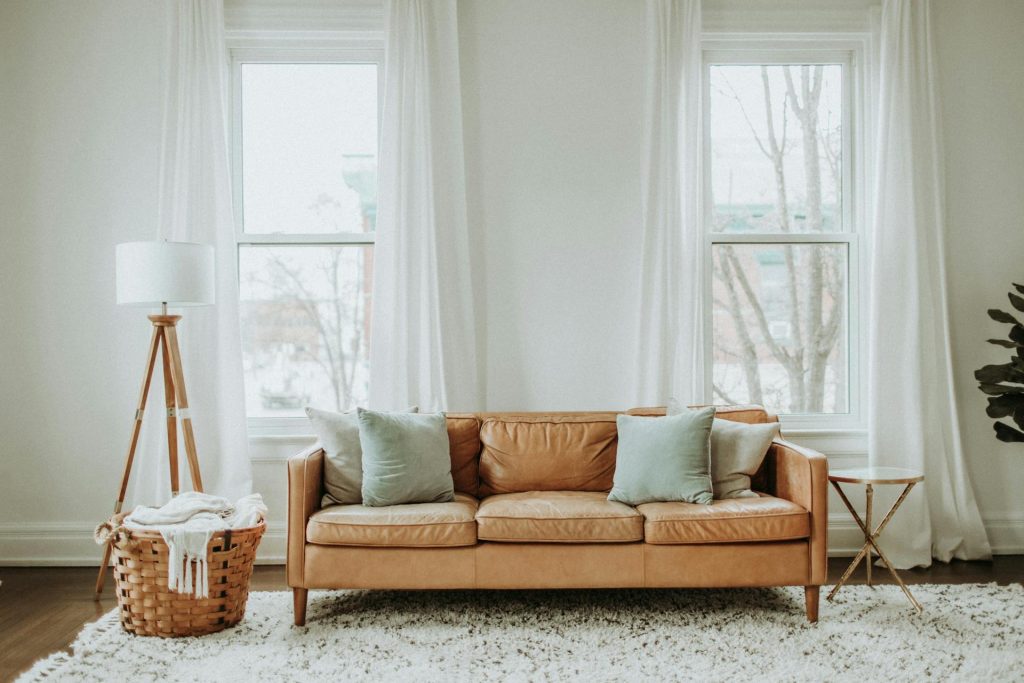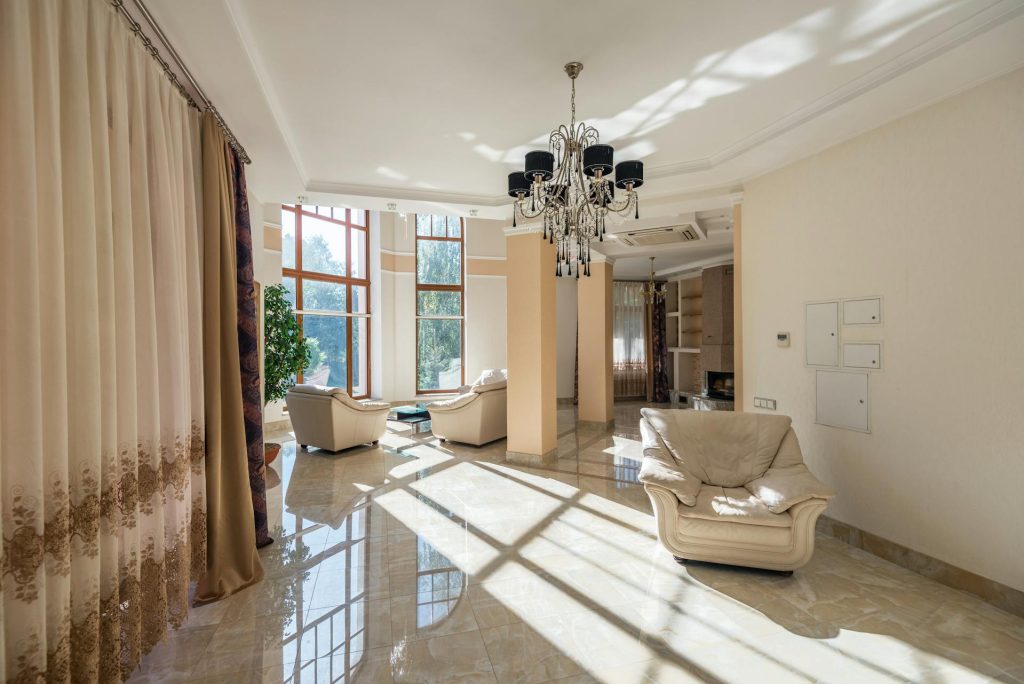Table of Contents
Minimalist living is a lifestyle choice that focuses on simplicity, intentionality, and the elimination of excess. By prioritizing what truly matters and removing clutter from both physical and mental spaces, individuals can experience a range of benefits that enhance their overall well-being. This article explores the advantages of minimalist living, from improved mental clarity to financial freedom, and offers practical tips for adopting a minimalist lifestyle.

1. Enhanced Mental Clarity and Reduced Stress
Minimalist living promotes mental clarity by reducing physical and mental clutter. A simpler environment can lead to fewer distractions, making it easier to focus on important tasks and goals. The process of decluttering and organizing creates a more serene and manageable living space, which can reduce stress and anxiety.
- Decreased Decision Fatigue: Fewer possessions mean fewer decisions about what to wear or use, which can reduce decision fatigue. Simplifying choices helps conserve mental energy for more important decisions and enhances overall cognitive efficiency.
- Increased Focus: A minimalist environment minimizes distractions and interruptions, allowing for better concentration and productivity. This focused mindset can improve work performance and personal satisfaction.
2. Improved Financial Health
Adopting a minimalist lifestyle can lead to significant financial benefits. By focusing on essential needs and avoiding unnecessary purchases, individuals can better manage their finances and save money.
- Reduced Spending: Minimalism encourages mindful spending, helping to avoid impulse buys and unnecessary expenses. By prioritizing quality over quantity, individuals can make more thoughtful purchases that provide lasting value.
- Financial Freedom: Reduced spending and a simpler lifestyle can lead to financial freedom and the ability to invest in experiences rather than material possessions. This financial stability provides greater flexibility and security.
3. Increased Time and Energy
Minimalist living can lead to more free time and energy by streamlining daily routines and reducing the time spent managing possessions.
- Efficient Maintenance: Fewer possessions mean less time spent cleaning, organizing, and maintaining items. This efficiency allows for more time to focus on activities and relationships that bring joy and fulfillment.
- Simplified Routines: A minimalist approach can simplify daily routines, from meal preparation to household chores. Streamlined processes and fewer tasks can lead to a more relaxed and balanced lifestyle.
4. Enhanced Environmental Impact
Minimalist living often involves a commitment to sustainability and reducing one’s environmental footprint. By consuming less and focusing on quality, individuals can contribute to a healthier planet.
- Reduced Waste: Minimalism encourages the use of fewer resources and generates less waste. By purchasing fewer items and choosing sustainable products, individuals can reduce their environmental impact and promote eco-friendly practices.
- Eco-Conscious Choices: Minimalist living often involves making intentional choices that support environmental sustainability, such as opting for reusable products, reducing energy consumption, and supporting ethical brands.

5. Strengthened Relationships
By prioritizing experiences and relationships over material possessions, minimalist living can foster stronger connections with others.
- More Quality Time: With less focus on acquiring and maintaining belongings, individuals can spend more quality time with family and friends. Shared experiences and meaningful interactions become central to a fulfilling life.
- Less Conflict: A minimalist approach can reduce conflicts related to material possessions and household clutter. By aligning values and priorities with loved ones, individuals can cultivate a more harmonious and supportive environment.
6. Greater Personal Growth and Fulfillment
Minimalist living encourages self-reflection and personal growth by focusing on what truly matters and letting go of distractions.
- Intentional Living: Embracing minimalism involves assessing personal values and goals, leading to a more intentional and purposeful life. This self-awareness fosters personal growth and fulfillment.
- Freedom from Consumerism: By rejecting consumerist pressures and focusing on meaningful experiences, individuals can achieve a greater sense of satisfaction and contentment. Minimalism allows for a more authentic and purposeful life.
7. Practical Tips for Embracing Minimalist Living
- Start with Decluttering: Begin by decluttering your living space. Assess each item and determine its value and necessity. Donate or discard items that no longer serve a purpose.
- Adopt a “One In, One Out” Rule: To prevent clutter from accumulating, follow the “one in, one out” rule. For every new item you acquire, remove an existing item from your space.
- Focus on Quality over Quantity: Invest in high-quality, durable items that provide long-term value. Choose products that align with your values and contribute to a minimalist lifestyle.
- Simplify Daily Routines: Streamline daily routines by organizing your tasks and responsibilities. Create efficient systems for managing chores and activities to save time and reduce stress.
- Embrace Experiences: Shift focus from material possessions to meaningful experiences. Prioritize activities that bring joy, create memories, and foster connections with others.
- Practice Mindful Consumption: Be intentional about your consumption habits. Evaluate the necessity and impact of each purchase, and make choices that support a minimalist and sustainable lifestyle.
- Seek Support and Inspiration: Connect with like-minded individuals and seek inspiration from minimalist communities and resources. Sharing experiences and advice can enhance your journey toward a minimalist lifestyle.

Conclusion
Minimalist living offers a range of benefits that enhance mental clarity, financial health, and overall well-being. By embracing simplicity, reducing clutter, and prioritizing meaningful experiences, individuals can experience reduced stress, improved financial stability, and a greater sense of fulfillment. Adopting a minimalist lifestyle involves thoughtful decision-making and intentional living, leading to a more balanced and enriched life. Whether you choose to embrace minimalism fully or incorporate its principles gradually, the positive impact on your life and well-being can be profound.
